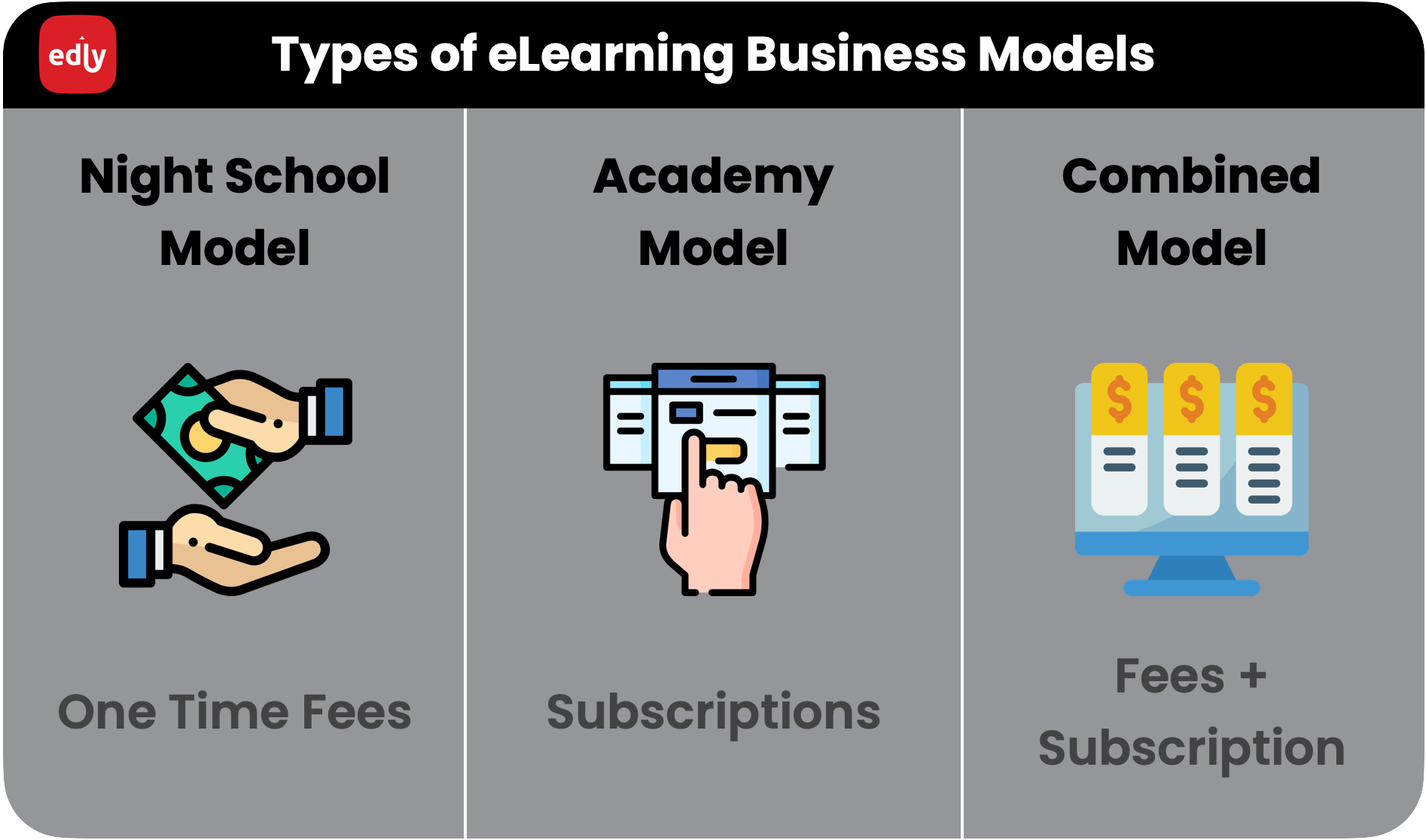Launching an online business is thrilling. There are many ways to do it, and the two ways are two different business models. Hence, we are on to the different forms of online business models. This will assist you in selecting the ideal option for you.
1. E-Commerce
E-commerce is selling things over the Internet. You can offer physical goods, such as clothing, or digital goods, such as e-books. Taking Your E-Commerce Store To The Next Level With Shopify, Shopify is an excellent starting point for your online storefront. Numerous tools and resources are available to assist you.
Benefits Of E-commerce
You can interact with customers around the globe.
You can sell 24/7.
You can build it up slowly without much investment.
Challenges Of E-commerce
You need to manage inventory.
Shipping can be tricky.
Competition can be high.
2. Affiliate Marketing
Affiliate marketing is about selling products made by someone else. You receive a commission for each sale made through your link. It’s an excellent option for those who don’t have their products!
Advantages Of Affiliate Marketing
No need to create products.
No need to handle shipping.
You can earn passive income.
Affiliate marketing challenges
You have to create trust with your audience.
Commissions can be low.
The competition can be fierce.
3. Dropshipping
Dropshipping is similar to e-commerce, except you do not stock inventory. For example, if a customer purchases a product, you purchase it from a supplier. The supplier then ships it straight to the customer.
Benefits Of Dropshipping
No need to store products.
Low startup cost.
Easy to scale.
Challenges Of Dropshipping
Lower profit margins.
Less control over shipping.
Supply at the supplier inventory problems
4. Subscription Services
Subscription services are products or services for which customers pay regularly. They may also include a snack box that you receive monthly or an internet magazine.
Advantages Of Subscription Services
Predictable income.
Builds customer loyalty.
Easy to manage inventory.
Issues Of Subscription Services
High customer expectations.
Need to keep content fresh.
Managing recurring payments.
5. Online Courses and Coaching
You can create online courses if you have knowledge to share. You can provide one-on-one coaching as well. It is perfect for experts and teachers.
Advantages Of The Online Courses And Coaching
You can reach many students.
You make a course once and can sell it countless times.
You can get paid top dollar for coaching.
Online Courses And Coaching Challenges
Creating content takes time.
You have to promote your courses to be able to sell them.
Competition can be high.
6. Digital Products
Digital products are goods that you can sell online. These are e-books, music, software, and graphics. After you’ve made them, you can sell them repeatedly.
Benefits Of Digital Products
Easy to deliver.
No inventory to manage.
High profit margins.
Digital products facing challenges
Generating the first object can be slow.
You require piracy protection.
Must keep up with technology.

Credit: edly.io
7. Freelance Services
Whatever you are good at, you can provide it on the Internet. It can be writing, graphics design, or programming. You are paid to complete the tasks (per project).
Freelance Service Benefits
Work from anywhere.
Set your rates.
Choose your projects.
There are challenges of freelance services.
Income can be unpredictable.
You need to find clients.
It can be competitive.

Credit: www.1000ventures.com
8. Membership Sites
Users pay a fee to access exclusive content on membership sites. It could be tutorials, forums, or specialized resources.
Benefits Of Membership Sites
Stable monthly income.
Engaged community.
Control over content.
Membership Groups May Be Isolated
Content needs to be updated reasonably frequently.
High customer expectations.
Handling memberships and renewals.
9. Print on Demand
Print on demand means you sell personalized products. Maybe T-shirts, mugs, or posters. When someone purchases, the product is printed and dispatched.
Benefits Of Print On Demand
No inventory to manage.
Low startup cost.
Easy to add new products.
Challenges Of Print On Demand
Lower profit margins.
Longer shipping times.
Quality control is important.
As you see, you know various online business models. Go with the one that suits you best. Shopify is a central leading e-commerce platform. You have all the tools you need. All the best with your journey into the online business world!
Frequently Asked Questions
An e-commerce business model is a way of doing business online.
A business model under which you sell goods/services online via a website.
What Is A Subscription Model?
A subscription model regularly costs each customer for groups of product or service offerings.
What Is A Dropshipping Business?
Dropshipping is the act of selling products you do not have in stock. Suppliers deliver directly to customers.
What is The Working or Mechanism of An Affiliate Marketing Model?
Affiliate marketing is when you get paid to promote other companies’ products with unique links.
